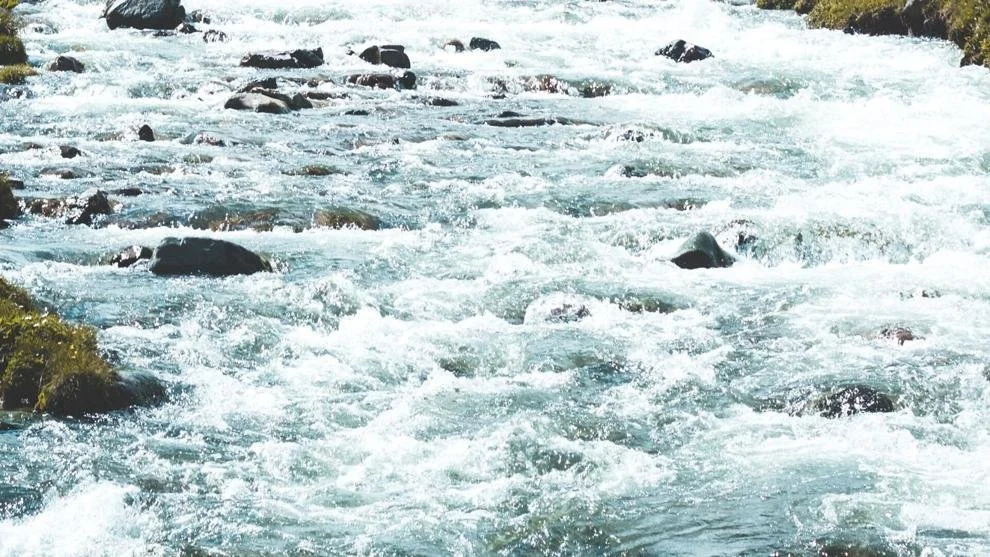The UK’s advertising regulator banned an advert by Anglian Water Group Ltd. because it didn’t reflect an environmental record that includes serious pollution incidents. The TV advert from Anglian featured new pipes and large tanks being built to help protect nature, the environment and provide water security, with a voiceover saying “everything they do today is for tomorrow.” While the water company was taking positive environmental steps, the advert omitted the negative impact of sewage discharges and Anglian’s below-target performance, the Advertising Standards Authority said in a ruling.
Here's how a young First Nations clean water activist is captivating global audiences
Seventeen-year-old Canadian indigenous rights activist and designated "water protector" Autumn Peltier is empowering young people to protect the environment. As the chief water commissioner for Anishinabek Nation, she has spent nearly half her life speaking about the importance of clean water to organizations including the United Nations and the World Economic Forum. Peltier, who grew up in Wiikwemkoong First Nation on Ontario's Manitoulin Island, first became aware of the need for water advocacy at just eight years old. When visiting a neighboring indigenous community, she discovered that they were unable to drink their tap water due to pollution. That kickstarted her career as an activist.
Climate change tops candidates priority list
Over the past decade climate change and the environment have become top of mind for Canadians.
For Northerners, retaining the abundance of trees, clean water and outdoor recreation has become an important election issue. Each political party and local candidate have their own views on ensuring Canada’s environment is preserved and protected.
A decade of broken promises: How Canada failed to meet its goal for protecting land and water
Canadian politicians are great at making promises about protecting the environment. They’re not always great at keeping them. In 2010, former Conservative prime minister Stephen Harper’s government agreed to protect 17 per cent of Canada’s land and freshwater by 2020. At the time, just 9.6 per cent of Canada’s land and freshwater — collectively referred to as “terrestrial areas” — was protected, meaning it was safe from future development and had plans in place for safeguarding wildlife and ecosystems.
'An abomination': Sask. water expert warns of contamination following Alberta's coal policy changes
Alberta's plan to allow for open-pit coal mining in the Rocky Mountains could be a serious threat to Saskatchewan's water supply, says the director of the Global Water Futures Project at the University of Saskatchewan. "For a water scientist to see this happening, it's just an abomination to have these types of developments suggested in the headwaters of the rivers that supply drinking water and the economy for most of Saskatchewan," John Pomeroy told CBC's Blue Sky. Last spring, the Alberta government revoked a 1976 policy that blocked open-pit coal mining on the eastern slopes and peaks of the Rockies.






